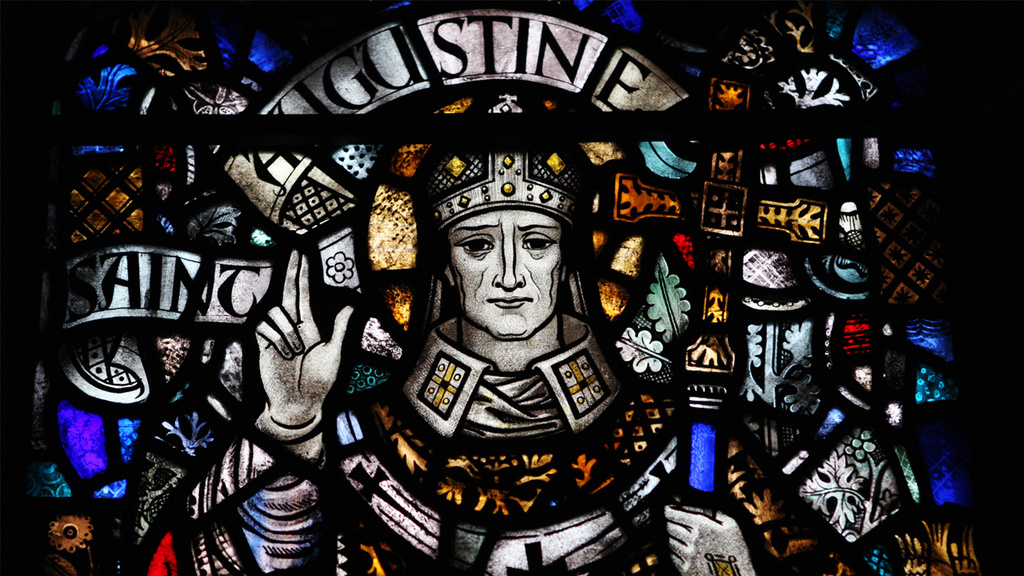
“A Vagrant Liberty?”
“Faith” can make us feel better, and it can give us peace of mind, but unless faith can also make us faithful in the Lord’s service, it is a questionable thing.

- R. J. Rushdoony
Chalcedon Report No. 345, April 1994
St. Augustine, in his Confessions, speaks of “loving a vagrant liberty” (bk. 3, 5). As a boy, and then as a man, he wanted a lawless freedom. He “had no inducement to evil but the evil itself. I was foul, and I loved it. I loved to perish” (bk. 2, 9). St. Augustine was converted when God brought to his being the clear awareness of his rebellion against God and His law. He then ceased from a desire for a vagrant liberty from God, a lawless life, and sought instead the perfect law of liberty under God and Christ.
Augustine’s conversion meant far more than settling the question of whether or not he would go to heaven. It was a confrontation with his intense desire to retain his independence from God. When Augustine became converted, he became commanded by the Lord, and gladly so.
His was a God-centered conversion. Modern revivalism seeks a man-centered conversion: its emphasis is on man’s deliverance, not on God’s calling and demands. Something is wrong when “saved” men make no difference to their world, when millions are “saved” in a few decades, and nothing changes, except for the worse. To be saved means to become a member of Christ’s new humanity and a servant of His Kingdom. Can His church truly grow and become weaker?
“Faith” can make us feel better, and it can give us peace of mind, but unless faith can also make us faithful in the Lord’s service, it is a questionable thing. I am dubious about converts who have songs in their heart and bad words in their mouths for a godly pastor. We are not called to “a vagrant liberty,” but saved from it into God’s service. Godly criticism is needed, but our conversion does not qualify us as instant judges! We need to place ourselves and others under the Word of God.
Augustine’s conversion began with the summons to read God’s Word, to master it and use it. We will know ourselves, and those around us better if we begin our Christian life with a thorough reading of the Bible. It will enable us to make a better judgment of things, most of all ourselves!
Remember, the Bible will redirect your thinking. J. Gresham Machen, in Christianity and Liberalism, defined paganism thus: “Paganism is that view of life which finds the highest goal of human existence in the healthy and harmonious and joyous development of existing human faculties” (p. 65). Sadly, this is too often the definition of Christianity for too many people.
Let us begin with the Word of God. Then you and I and all others can move in the glorious liberty of the sons of God, effective in His service and powerful in His Spirit.

- R. J. Rushdoony
Rev. R.J. Rushdoony (1916–2001), was a leading theologian, church/state expert, and author of numerous works on the application of Biblical law to society. He started the Chalcedon Foundation in 1965. His Institutes of Biblical Law (1973) began the contemporary theonomy movement which posits the validity of Biblical law as God’s standard of obedience for all. He therefore saw God’s law as the basis of the modern Christian response to the cultural decline, one he attributed to the church’s false view of God’s law being opposed to His grace. This broad Christian response he described as “Christian Reconstruction.” He is credited with igniting the modern Christian school and homeschooling movements in the mid to late 20th century. He also traveled extensively lecturing and serving as an expert witness in numerous court cases regarding religious liberty. Many ministry and educational efforts that continue today, took their philosophical and Biblical roots from his lectures and books.